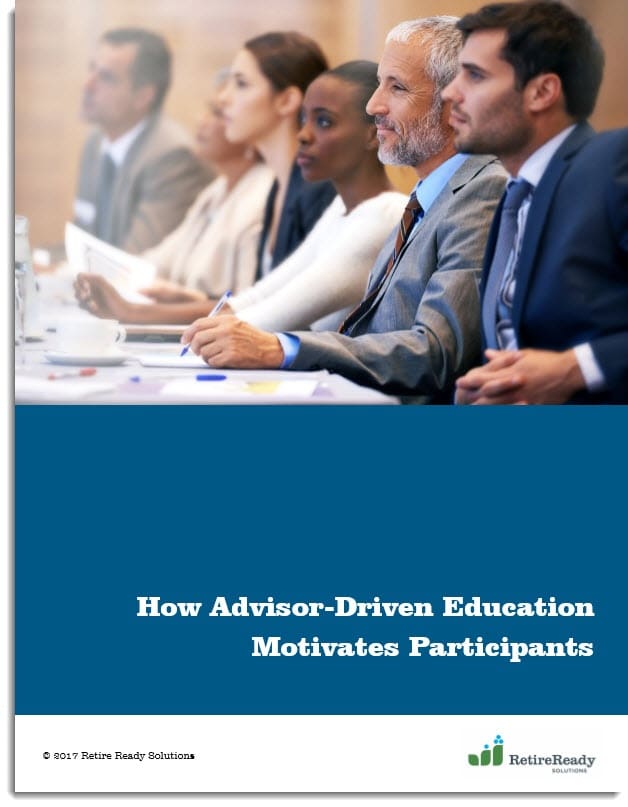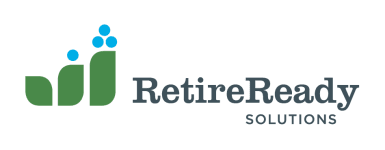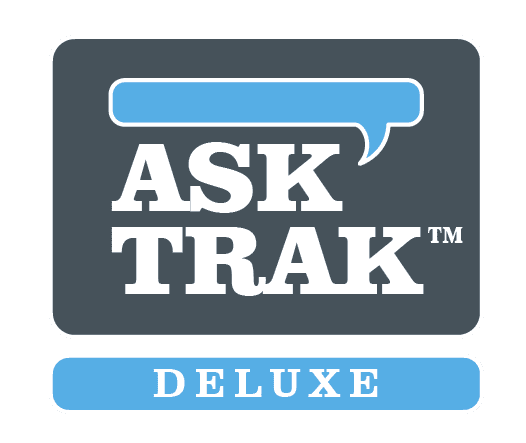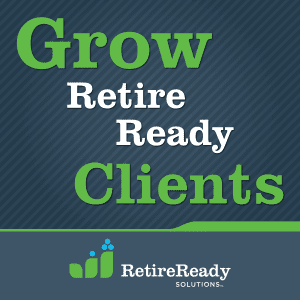There have been a number of surveys and reports lamenting the atrocious state of retirement readiness of the average American worker. Unfortunately, the situation is much worse than we all thought. As reported by Bloomberg, recent research by the U.S. Census Bureau revealed that only one-third of workers contribute to a 401(k) or other employer retirement account and only 14% of employers offer a retirement plan.
Why are these statistics so much worse than what we have read before? In contrast to other surveys which survey a sample of individuals and companies and then extrapolate the data, Census researchers analyzed tax records from 2012 to produce a research sample of 155 million individuals and 6.2 million employers. That’s right…I said million.
Because W-2 tax records reveal information about retirement deferrals, researchers Michael Gideon and Joshua Mitchell were able to uncover exactly how many workers were contributing and how many employers offered plans.
Previous surveys estimated that around 40% of employers offered a retirement savings account of some kind, the Census research included many small businesses that have eluded other surveyors which skews the numbers even lower to reveal that only 14% of employers offer a retirement plan. The good news is that larger companies tended to offer a plan and employed the largest number of employees. The research revealed that 79% of workers were employed at a company that offered a retirement plan, so that is good news. The bad news is that of the 79% who have access to a plan, only 41% are making contributions!
When you combine that with those workers who have no access to a retirement plan, the research showed that only 32% of workers are saving in an employer-sponsored defined contribution plan. Scary! I can only assume from this data that the use of auto-enrollment features is actually lower than reported since many more employees would be enrolled otherwise.
This is not the end of the story as far as the research goes. Census researchers are continuing to study the data as well as mine other data sources to uncover information about current pension participation and if workers are saving for retirement in other ways. So the final number may see some improvement but most likely not by much as the workplace 401(k) is, for many, the easiest way to invest for retirement. If workers are not taking the path of least resistance than it is unlikely that they are pursuing other options.
What role can advisors play in improving the clients’ or participants’ chances of a successful retirement? A couple of things come to mind.
- Better plan design and execution. As mentioned in a previous blog post, a retirement plan design that accounts for human psychological behavior can improve rates of participation and increase contributions over time. This research has been championed by behavioral economists Richard Thaler and Shlomo Benartzi in their SMarT™ Plan advisors can play a part in educating plan sponsors about more effective plan design.
- More meaningful participant education. Participant education that is advisor-driven and addresses participants’ actual concerns and questions (rather than the advisor’s) can motivate participants to take action. Education must clearly show if a worker is on track to retire successfully and incorporate a clear call to action. Doing so will engage the participants, empowering them to take meaningful steps toward a successful retirement. I am passionate about participant education and have written more about it in this blog post.
America is in for a retirement crisis and, for better or worse, the responsibility for taking action rests with each individual worker. While retirement advisors certainly can’t make clients or participants invest in their retirement plan, they can work to remove barriers or hindrances to plan participation and advisors can be the primary force in delivering meaningful retirement education. Keep up the good work!
Advisors looking for retirement software that helps with participant education should consider The Retirement Analysis Kit (TRAK). TRAK has unique engagement and education solutions that can help improve participant outcomes and grow your business at the same time.
Also, for more tips on working with your participants, be sure to download our free whitepaper How Advisor-Driven Education Motivates Participants!

Free Download
How Advisor-Driven Education Motivates Participants
Triple your business by engaging 401(k) participants in retirement readiness
Download our whitepaper today!



